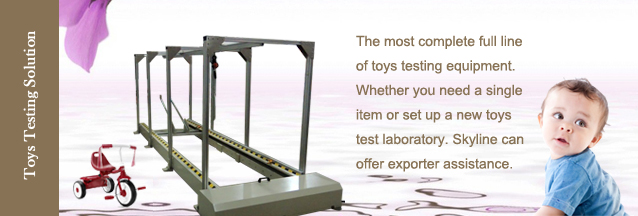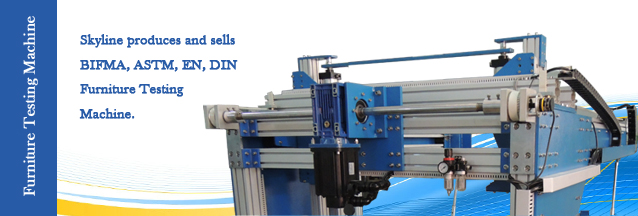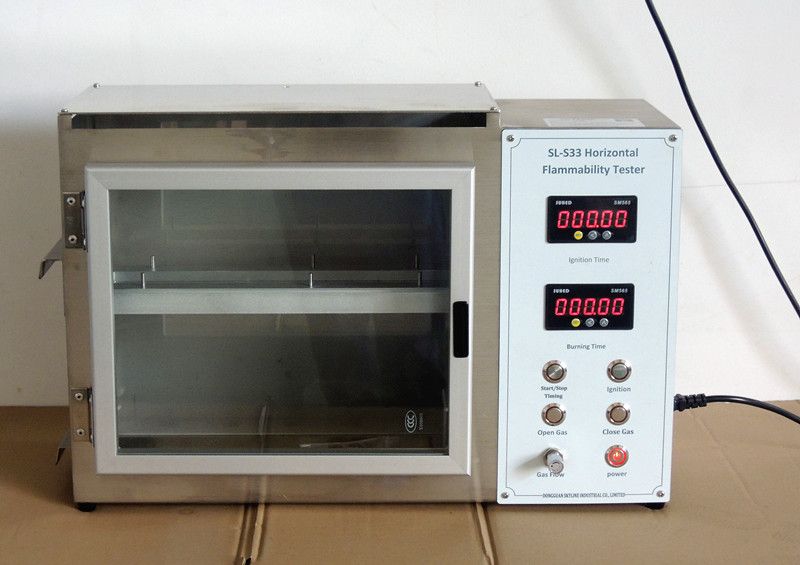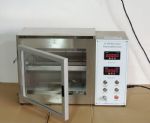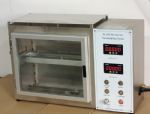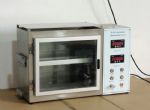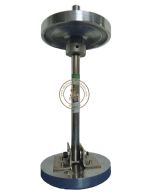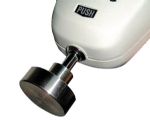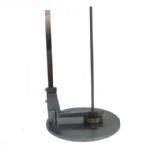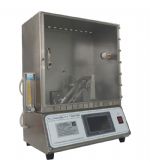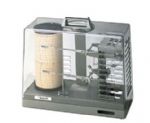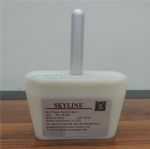Product Category
 Toys Testing Equipment
Toys Testing Equipment Footwear Testing Equipment
Footwear Testing Equipment Tensile Testing Machine
Tensile Testing Machine Environmental Test Chamber
Environmental Test Chamber Building Material Flammability Test Equipment
Building Material Flammability Test Equipment Paper Testing Equipment
Paper Testing Equipment Spectacle Frames Testing Equipment
Spectacle Frames Testing Equipment Oil Analysis Testing Equipment
Oil Analysis Testing Equipment Lab Test Equipment
Lab Test Equipment Electronic Testing Equipment
Electronic Testing Equipment Stationery Testing Equipment
Stationery Testing Equipment Flammability Test Equipment
Flammability Test Equipment Furniture Testing Machine
Furniture Testing Machine Textile Testing Equipment
Textile Testing Equipment
Product Category
 Toys Testing Equipment
Toys Testing Equipment Physical & Mechanical Testing
Physical & Mechanical Testing Flammability Testing
Flammability Testing Clamps for Toys Testing
Clamps for Toys Testing Electronic Toy Testing Equipment
Electronic Toy Testing Equipment ISO8124-4,EN71-8
ISO8124-4,EN71-8 Footwear Testing Equipment
Footwear Testing Equipment Fatigue Testing Equipment
Fatigue Testing Equipment Flexing Test Equipment
Flexing Test Equipment Impact Testing Equipment
Impact Testing Equipment Abrasion Testing Equipment
Abrasion Testing Equipment Waterproofness Tester
Waterproofness Tester Friction & Slip Testing
Friction & Slip Testing Tensile Testing Machine
Tensile Testing Machine Environmental Test Chamber
Environmental Test Chamber Building Material Flammability Test Equipment
Building Material Flammability Test Equipment Paper Testing Equipment
Paper Testing Equipment Spectacle Frames Testing Equipment
Spectacle Frames Testing Equipment Oil Analysis Testing Equipment
Oil Analysis Testing Equipment Lab Test Equipment
Lab Test Equipment Electronic Testing Equipment
Electronic Testing Equipment Stationery Testing Equipment
Stationery Testing Equipment Flammability Test Equipment
Flammability Test Equipment Furniture Testing Machine
Furniture Testing Machine Mattress Testing Machine
Mattress Testing Machine Table Testing Machine
Table Testing Machine Chair Testing Machine
Chair Testing Machine Textile Testing Equipment
Textile Testing Equipment Fabric and Garment Testing Instruments
Fabric and Garment Testing Instruments Color Fastness Testing Equipment
Color Fastness Testing Equipment
Home > Toys Testing Equipment > FMVSS 302 Horizontal Flammability Tester
FMVSS 302 Horizontal Flammability Tester
Product Model : SL-S33
The horizontal flammability tester can detect the relative burning rate and flame retardancy of textiles, especially automotive interior fabrics. Flame retardant properties of automotive interior materials under fault and abnormal conditions.
Detailed description
FMVSS 302 Horizontal Flammability Tester
Horizontal Flammability Tester introduction
The instrument consists of two parts: the control box and the combustion box. The sample is clamped flat by the clamp and placed on the bracket of the combustion box. The flame is ignited by the control box for a certain time, and the flame is extinguished. Observe the flame spread of the sample, measure the time it takes for the flame to spread a certain distance on the sample, calculate the spread speed of the flame, and evaluate the flame resistance of the sample.
Toys Tester Application
The horizontal flammability tester can detect the relative burning rate and flame retardancy of textiles, especially automotive interior fabrics. Flame retardant properties of automotive interior materials under fault and abnormal conditions.
Horizontal Flammability Test Equipment Features
The tester is composed of a test part and a control part and adopts an integrated design, which is convenient for on-site installation and debugging.The shell and important parts of the test chamber are made of stainless steel, which is resistant to smoke and gas corrosion. The control system has a high degree of automation and has an automatic ignition function.
Digital display of temperature and time, convenient observation and recording, stable and reliable use
Standard test
ISO 3795, FMVSS 302, DIN 75200, SAE J369, ASTM D5132, JIS D 1201, BSAU 16
Technical parameters
| Burning box inner size | 381mm×203mm×356mm |
| Fire nozzle diameter | 9.5mm |
| Flame height | 38mm±2 |
| Specimen clamp | 360×100mm Inner frame size : 330×50mm |
| Lower specimen clamp | Wire spacing is 25mm |
| Mark Line | Distance from the sample ignition at 38mm, 292mm |
| Nozzle Top Distance specimen surface | 19mm |
| Test environment | The temperature is 15 ~ 30 ° C, the relative humidity is 30% ~ 80% |
| Weight | 18kg |
Horizontal Flammability Tester operation video link:
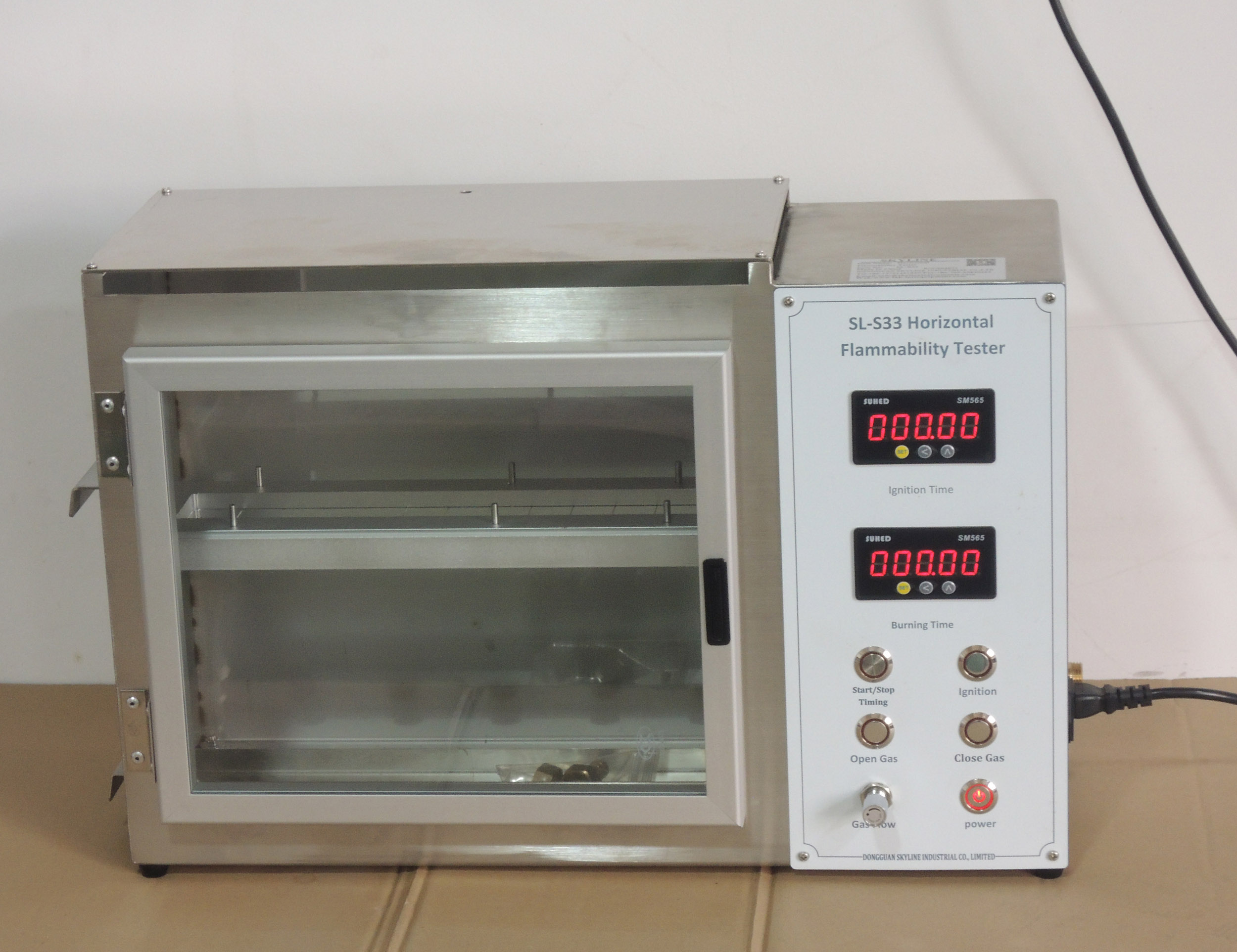
Related products More>

Copyright @ SKYLINE INSTRUMENTS
Product Category
 Toys Testing Equipment
Toys Testing Equipment Footwear Testing Equipment
Footwear Testing Equipment Tensile Testing Machine
Tensile Testing Machine Environmental Test Chamber
Environmental Test Chamber Building Material Flammability Test Equipment
Building Material Flammability Test Equipment Paper Testing Equipment
Paper Testing Equipment Spectacle Frames Testing Equipment
Spectacle Frames Testing Equipment Oil Analysis Testing Equipment
Oil Analysis Testing Equipment Lab Test Equipment
Lab Test Equipment Electronic Testing Equipment
Electronic Testing Equipment Stationery Testing Equipment
Stationery Testing Equipment Flammability Test Equipment
Flammability Test Equipment Furniture Testing Machine
Furniture Testing Machine Textile Testing Equipment
Textile Testing Equipment

 English
English 中文
中文 Español
Español française
française العربية
العربية Русский
Русский

